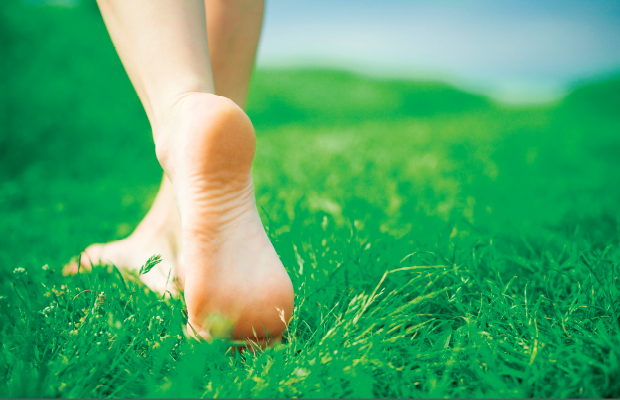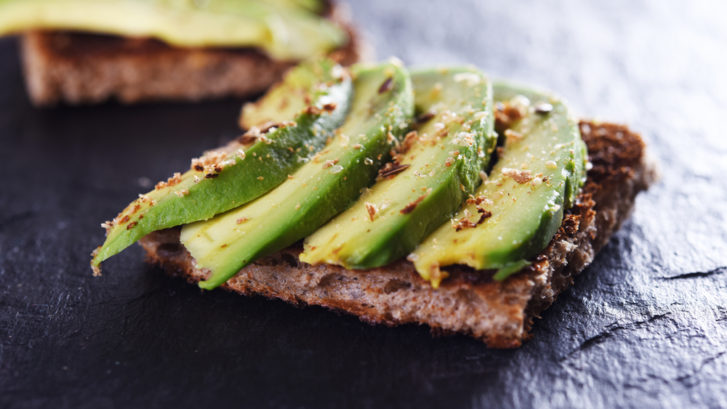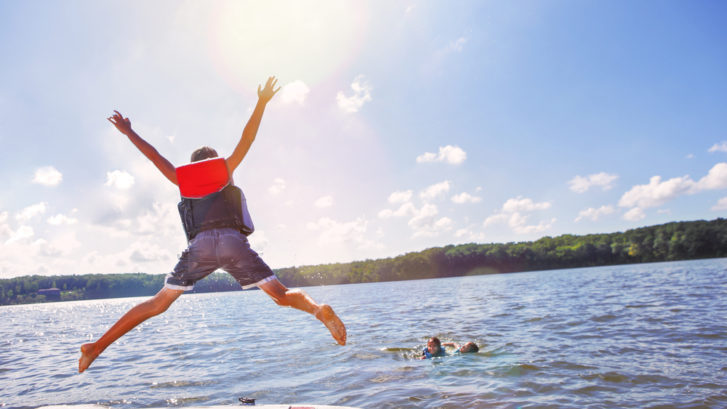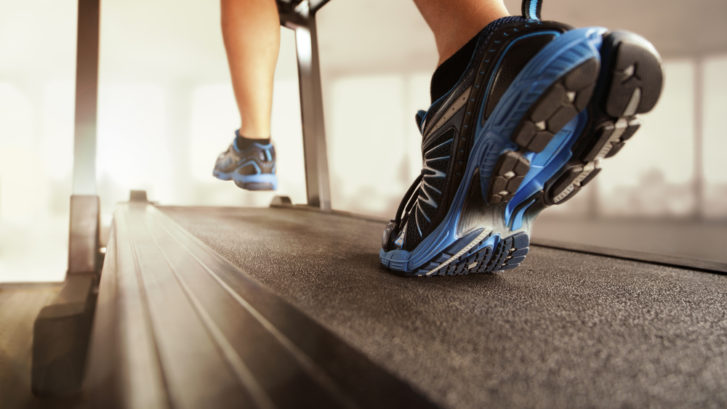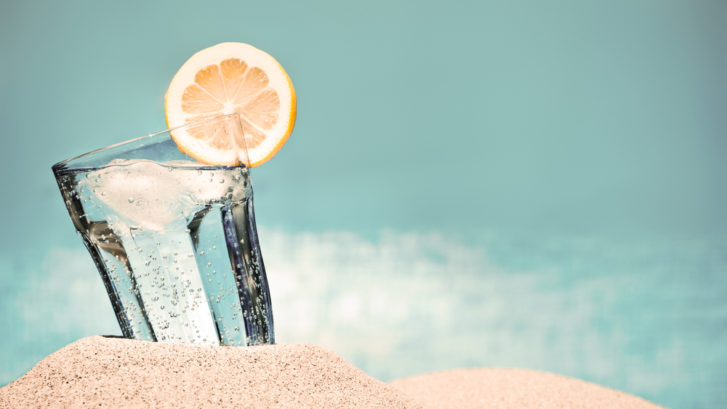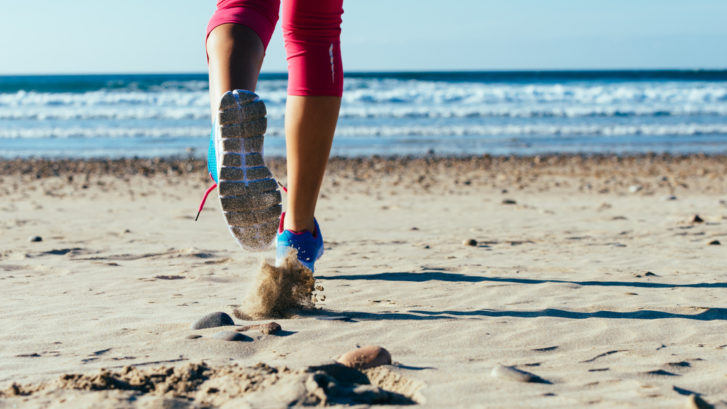Taking Off Your Shoes Might Be Good For Your Health, Research Suggests
So Earth is now a verb? It is if you believe the latest research on the positive health effects of slipping off your shoes and walking barefoot on the ground.
Something we all did as kids—and probably haven’t done much since—has been said to: reduce blood sugar levels by 31%; increase levels of immune-boosting globulins; increase concentrations of the thyroid hormone thyroxin; combat insomnia; speed wound healing and reduce pain.
Other claims for “Earthing” include higher energy levels and a better response to stress. Advocates contend that the exposure to the free electrons available when your feet touch the ground reduces inflammation in the body and thus impacts such varied ailments as diabetes, cardiovascular disease and thyroid disorders, among others.
Not bad for something that’s free and as simple as cloud-watching.
The term “Earthing” was coined by Clinton Ober who, with Dr. Stephen T. Sinatra, led the research into the effects of barefoot contact with the earth. It is based on the principle that our bodies’ electrical rhythms connect with the earth’s electrical field when we are in direct contact with the ground. It doesn’t work if you’re wearing shoes, because the soles interrupt the electrical connection.
Scientists have known for decades that the surface of the Earth releases a supply of free and mobile electrons in unlimited quantities. What they’ve discovered in the last few years is that, when your skin comes into contact with the ground, millions of these negatively charged particles are released into your body, according to Sinatra.
While some critics (such as Dr. Andrew Weil) advocate more research to confirm the many claims for the benefits of Earthing, most say it can’t hurt to try it. Which is all its proponents are suggesting.
What does this mean for you? It means that, for the price of slipping off your shoes and standing on the earth, you may be able to improve your well-being in ways you wouldn’t think of.
Here are the basics of Earthing:
- Water is a conductor, so if possible try to walk on wet grass or sand. Salt water conducts better than rain, dew or pool water, so if you can walk on the beach, so much the better.
- The sole of the foot has more nerve endings, inch for inch, than any other part of the body, so while it will be beneficial to place any part of the body on the ground, contacting the earth with the soles of the feet will give the most satisfactory results.
- If you’re worried about stepping on bees, fire ants or other hidden hazards while walking, get a lawn chair and sit in a single spot and read a book or listen to music. The important thing is to make bare-skin contact with the earth.
- Try to “Earth” at least 40 minutes a day, if possible, but any amount of time should produce noticeable results. The more you do it, the faster you’ll see the effects.

